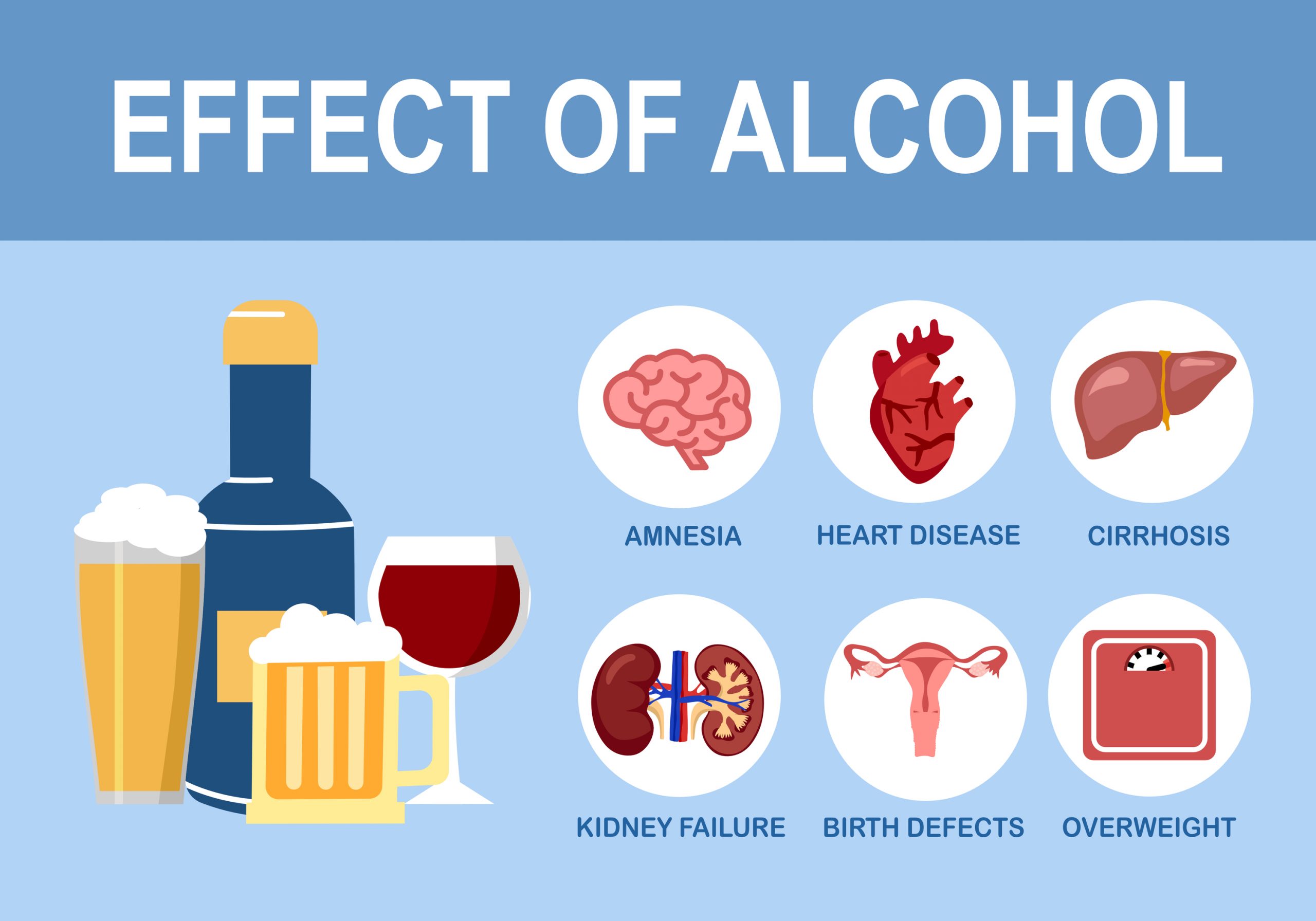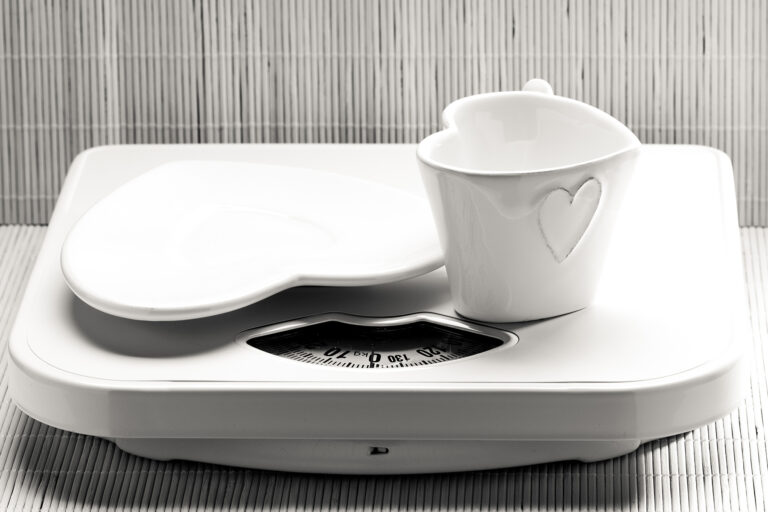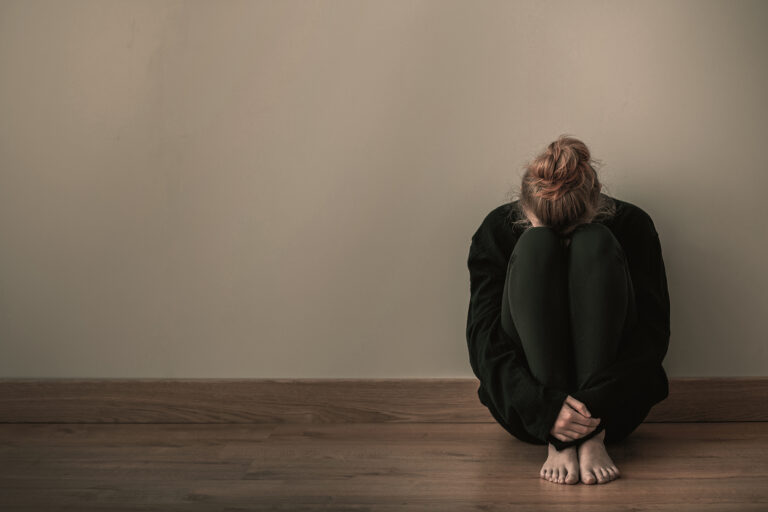Drinking too much has a wide range of short-term and long-term health risks. According to the CDC alcohol use and health factsheet, “excessive alcohol use led to approximately 95,000 deaths and 2.8 million years of potential life lost (YPLL) each year in the United States from 2011 – 2015, shortening the lives of those who died by an average of 29 years.” Short-term health risks include injuries and car accidents and alcohol poisoning. Excessive drinking can also cause problems such as high blood pressure, an increased risk in developing various forms of cancer, reduced immune function and mental health issues. But the good news is that stopping drinking can reduce these health risks. Many issues can be quickly reversed, including male fertility and sexual function problems.
Important health warning – If you are a very heavy drinker or have been addicted to alcohol for more than 10 years, we advise that you have medical supervision during your detox period. People with severe alcohol addiction are at risk of alcohol withdrawal syndrome, which can be dangerous and fatal in extreme cases of DT. Please consult your doctor or a rehabilitation specialist and be honest about your level of drinking and addiction to alcohol to receive the right advice on whether it is safe to go cold-turkey without professional help. Find out more about the risks or please contact us for advice.
What to expect when you stop drinking
Our private rehabilitation centre is here to help people to stop drinking and offer our clients the tools to maintain their sobriety for good. We find that people are often apprehensive about how they will feel when they stop, so in this article we wanted to spell out what you are likely to experience and also what benefits you can expect in the long term.
Everyone is different and how you feel and your symptoms are related to how heavy your drinking is and how long you’ve been addicted to alcohol. However, many people start to experience withdrawal symptoms around 6-24 hours and they are usually at their worst around 24 to 72 hours after they stop drinking. Within five to seven days most withdrawal symptoms should have passed.
6-12 hours after your last drink
At this point you may feel like you have a long-lasting hangover including a decreased appetite, headache, heart palpitations, insomnia, anxiety, shaking and an upset stomach.
12-72 hours after your last drink
At this point, the symptoms mentioned above can be joined by sweating, fast heart rate, tremors, confusion and fever. This is considered the most dangerous period, so you should ensure you have supervision if possible. However, from 48 hours you will likely start to feel better.
3-7 days after your last drink
You should now stop experiencing the physical withdrawal symptoms, however in some cases they can continue to develop. If this is the case, you should seek medical help.
1-2 weeks after your last drink
You should now have finished the clinical detox, all alcohol should be out of your system and symptoms of the withdrawal should have ended. You should be sleeping better, have a clearer head and enjoying not having hangovers. Please note, it is normal to experience cravings, as the habit is ingrained. Triggers such as stress and social events are likely to cause you to want to drink, so you need to start to introduce coping strategies to overcome the cravings.
2 weeks after your last drink
We now start seeing positive changes and your body starting to heal the damaged caused by the alcohol, so this is a great point to get to. Many people start to lose weight at this point and liver damage improves.
3 to 4 weeks after your last drink
Your blood pressure can return to healthy levels if caused by drinking and your skin may start to look better. Look out for the small benefits that you’re seeing every day, whether it’s improved focus or mental clarity, or improving self-esteem. It’s a great idea to note these down, to give you the motivation to keep going.
3 months
Expect increased energy and an enhanced sense of wellbeing. Positive habits should now be ingrained and coping strategies established. This is a key milestone which was why Catherine Gray launched sober spring, a 3-month period of being alcohol free. She explains, “I think if you really want to experience the colossal change to your mental health / wallet / sleep / skin / wellbeing that being alcohol-free can bring, three months is the perfect amount of time. When we’ve been habitually drinking for one, two, even three decades, we have an entrenched ‘drinking’ neural pathway in the brain. When we stop drinking, we need to forge a brand new ‘sober’ neural pathway. That takes time. We know from studies that it takes on average 66 days to bed in a new habit, to make it automatic, so in the third month of being alcohol-free it should get a lot, lot easier.”
1 year
We know that stopping drinking is hard and the cravings, sleep issues, anxiety and low energy can continue for up to a year. But don’t despair, once you hit the milestone of being sober for a year, almost everyone will have mastered living without alcohol, formed positive habits, friendships and social activities which don’t revolve around drinking and the path forward should be so much easier.
Ways to cope with the withdrawal process
You are not going through this journey alone and there are loads of great support systems out there for you. Millions of people around the world keep themselves on track by attending regular AA meetings and following the 12 Steps. Others like to read books about stopping drinking, join Facebook groups where other people are going through the same journey, or watch YouTube videos where people share their stories. Exercise is also really helpful, even just going for a walk, or starting an exercise class at the time when you most feel the urge to drink. Another great idea is taking up a new hobby, or learning a new skill.
If you’re not able to do it alone, then seeking help from a private rehabilitation centre is a good idea. Residential rehab ensures you have supervision and medical support during the first phase of detox and that you can have intensive therapy and a safe place to recover your strength, away from temptations. During the withdrawal process, you will also have professional support to discover why you became addicted to alcohol, deal with any deep-seated trauma and be taught coping strategies. These strategies, therapy and time away from alcohol gives you a better chance of staying away from alcohol for good. Please contact us to discuss how we can support you through your withdrawal and beyond, to a life free from addiction.




